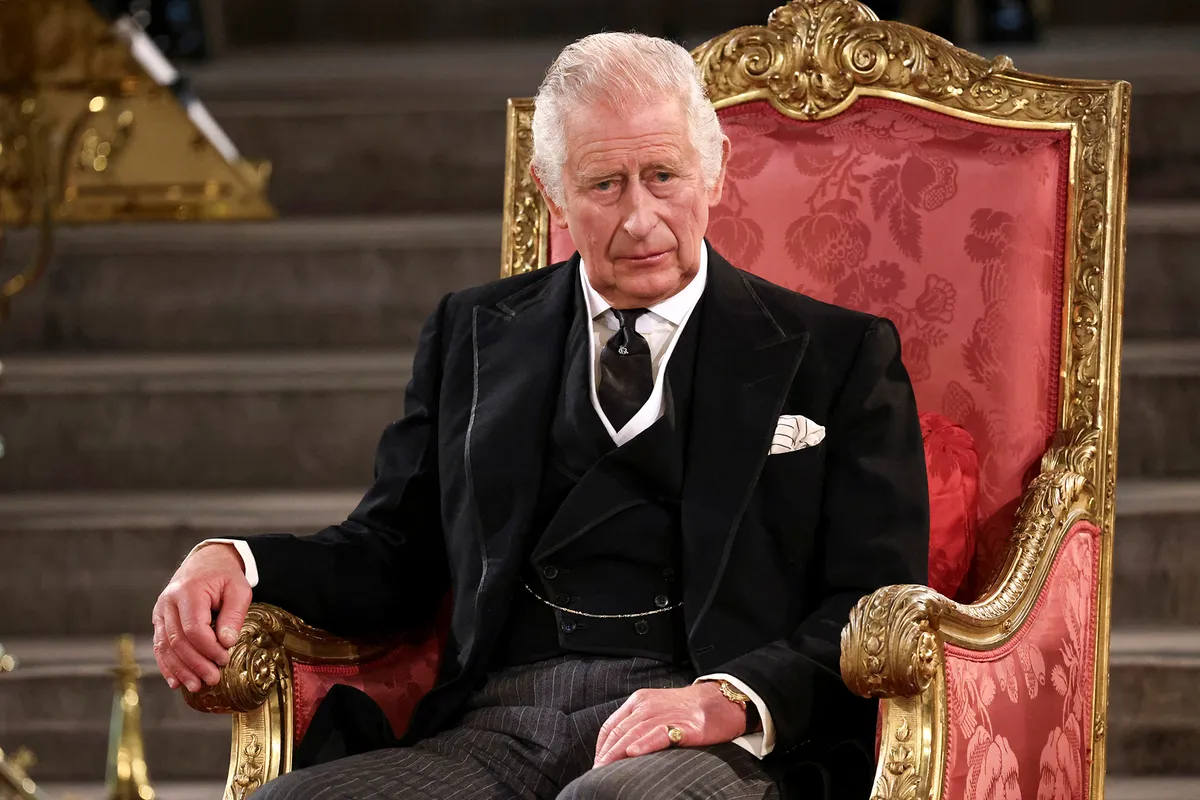We've learned that the coronation of King Charles III will feature some Greek Orthodox chanting, in a homage to the king’s late father, Prince Philip, who was born in Corfu and was a member of the former Greek royal family.
The coronation is set to take place on May 6, about eight months after the death of King Charles’ mother, Queen Elizabeth II.
'At the request of His Majesty, in tribute to his late father His Royal Highness The Prince Philip, Duke of Edinburgh, Greek Orthodox music will also feature in the service performed by the Byzantine Chant Ensemble,' Buckingham Palace confirmed.

Led by Dr Alexander Lingas, the Byzantine Chant Ensemble has been formed especially for the coronation. Its members are all experienced singers who have served as cantors in cathedrals and parishes in both the UK and Greece.
What is Greek Orthodox music?
Greek Orthodox music features in religious services of the Greek Orthodox church. The Greek Orthodox churches are descended from churches that Jesus' apostles founded in the Balkans and the Middle East during the first century A.D.
Historically, 'Greek Orthodox' has denoted all Eastern Orthodox churches. For the first eight centuries of Christianity history, the Byzantine Empire, and its capital Constantinople (now Istanbul) was a very important centre for the religion. Eastern Orthodox came to be called 'Greek' Orthodox just as Christians of Western Europe came to be known as 'Roman' Catholic.
Greek Orthodox church music typically features both chanting and a traditional choir. Cantors sing monodic chant out of the traditional chant books such as the Sticherarion and the Irmologion.
Visit our musical terms dictionary to find out about other musical definitions you may not know.